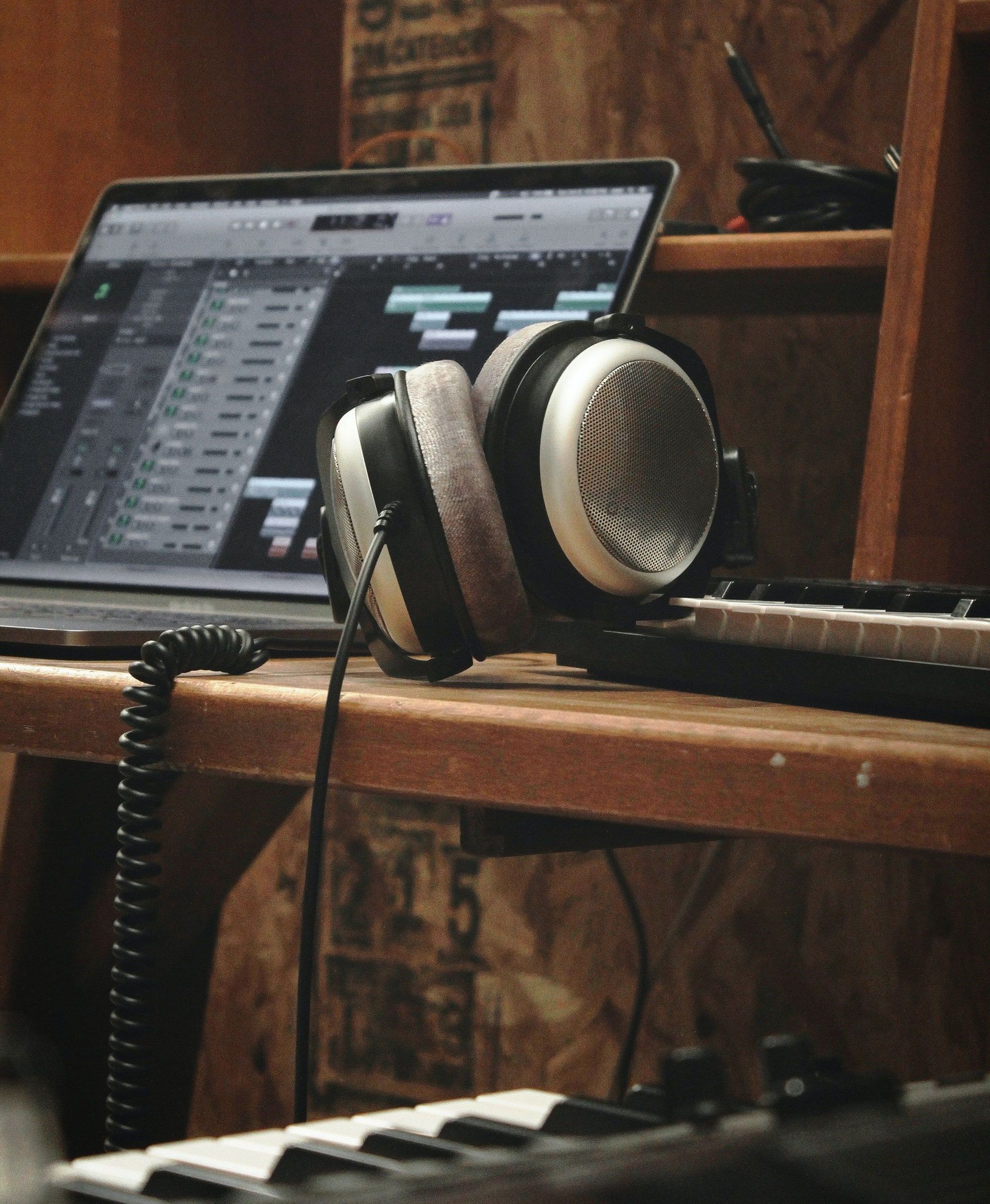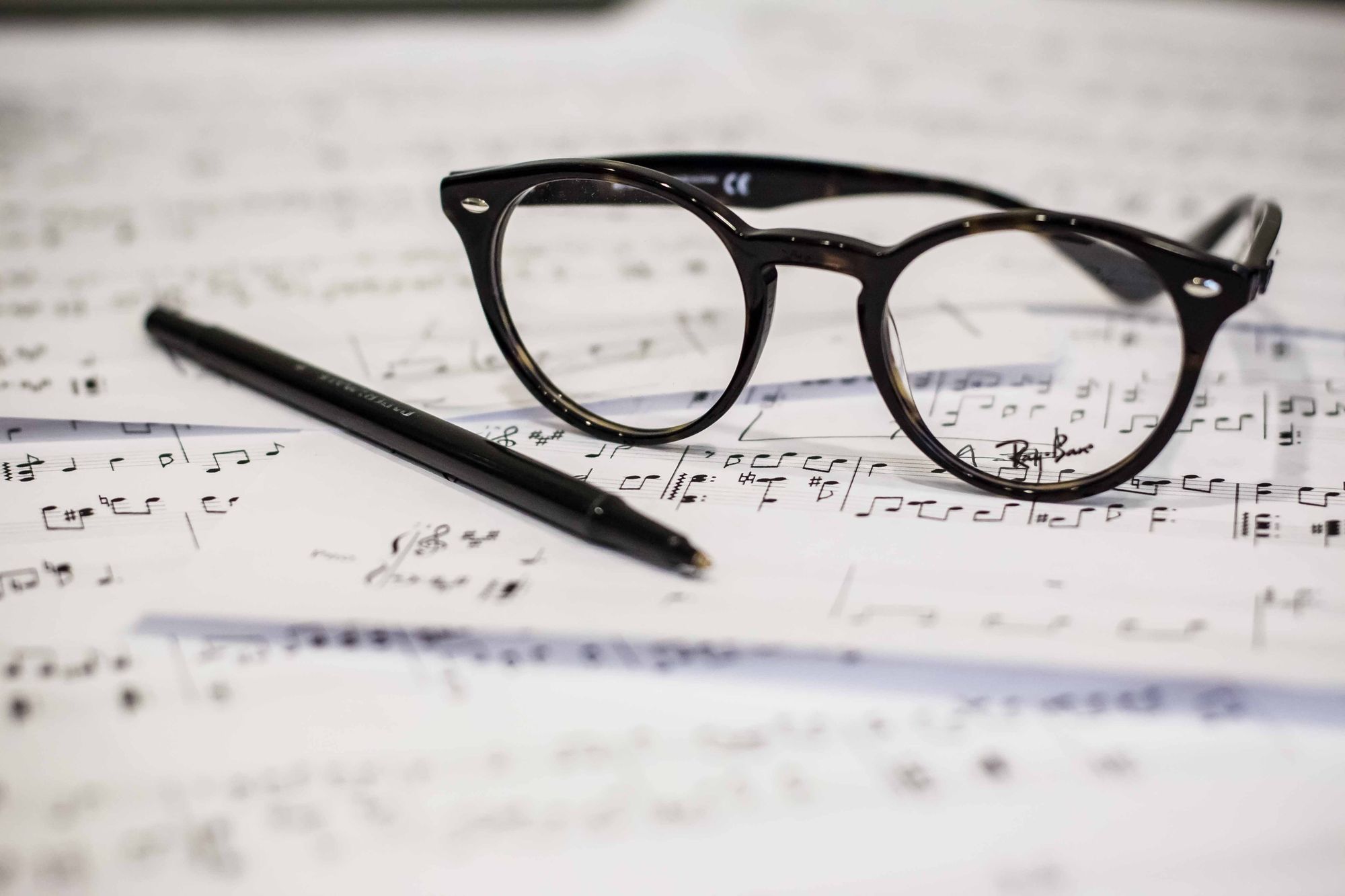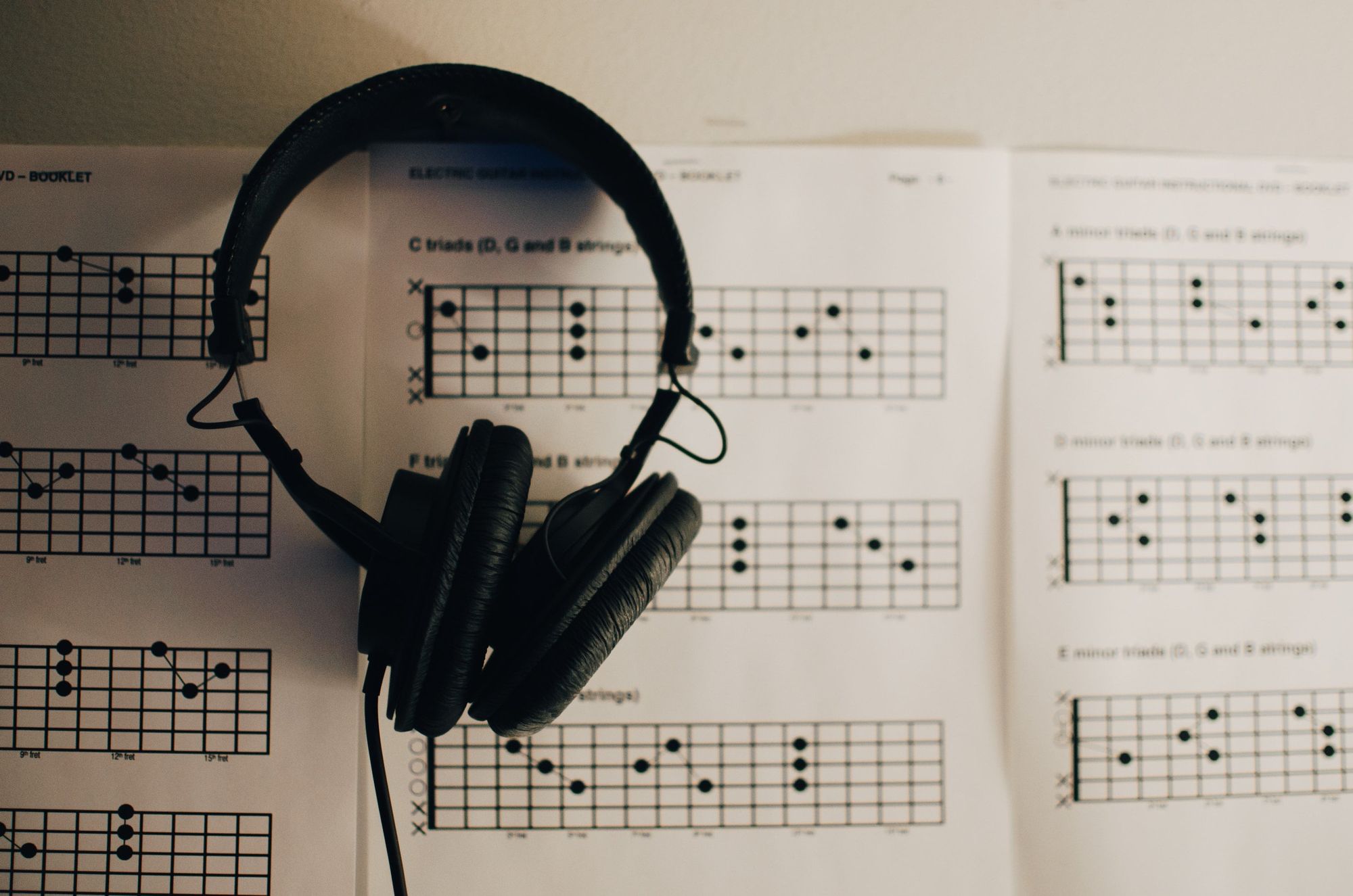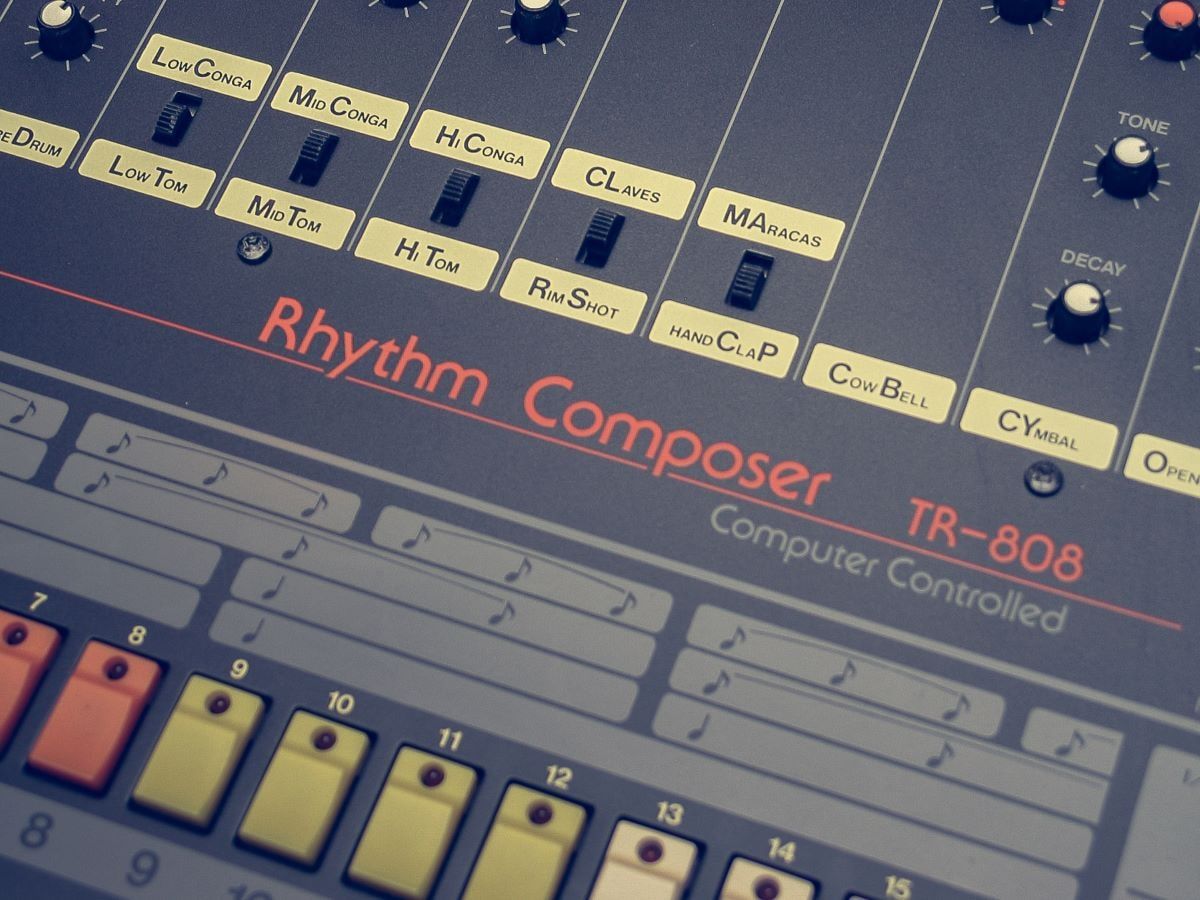Film Scoring: How to Heighten Emotions Through Music
Hire film gear from local filmmakers.

Hire film gear from local filmmakers.
What is film scoring, and how is it different from a movie soundtrack?
A film score sets the mood of a film and heightens the emotional part of the movie.
In this article, you will learn more about this essential part of movie creation, get some helpful tips and see examples of excellent film scores.
Ready? Let's get to it:
What is a film score?
A film score is an original piece, written and tailored specifically to a film.
It is designed to fit the film and its story perfectly, adding to the film's atmosphere and intensifying the mood.
Scores are created by composers who cooperate with the director, but others help create the final product too - orchestrators, editors, instrumentalists, producers.
To understand the significance a movie score can have, just imagine Star Wars or Jaws without their iconic themes.
Soundtracks differ from film scores as they don't have to be original pieces. Soundtracks may contain songs independent of the film, and songs used in other movies too. In most cases, they are existing tracks getting a license for the film.
Fun fact: Some of the film music started not as a result of artistic intent, but from a need to drown the noise made by the projector.

The film scoring process
This is a method a composer used to write his music. It can be very individual, and there are no set rules. But, the first thing to do is almost always the same:
Spotting
Spotting happens towards the end of the filming process. When spotting, the composer watches the raw movie. Preferably with the director, and then begins the creative process.
The composer ties the music to the emotion the scenes should evoke. The director helps find the right tempo, tone, mood, and emotion. Composers usually make timestamped notes.
In some cases, the music is made first, and the film is edited to match it.
Syncing
Syncing is the process of timing the music exactly to fit the film.
This is done with software or using techniques like Free Timing.
Writing
Once the spotting and timing are resolved, the actual composition of the music begins. The methods differ based on personal preferences, you can work with pen and paper, with an instrument, or with a computer using music composition software.
The writing is highly dependent on the film, the availability of technology and instruments, budget, and time frame.
Writing structure is also dependent on the characters, and scenes in the movie usually incorporate themes for specific characters - the leitmotif. (Imagine Darth Vader appearing on the stage with his Imperial March)
Orchestration
Orchestration is the process of preparing and arranging the music for the musicians to perform. Some composers do it themselves, while others use the help of orchestrators.
Once the orchestration is done, the music is prepared for performance.
Recording
The last step in the process is recording the music. The orchestra or the ensemble performs the piece at a scoring stage. All of that is recorded and edited later.
This concludes the creation of a film score. Once this is done, the music may be mixed and edited again, before being ready for the final version.
5 tips on how to do a film score

1. Source a simple melody
Start simply. You want to be unique, yet your score has to go hand in hand with the film. As the film progresses, your score can unravel more and more.
2. Consider your budget
Don't forget, you most likely have a limited amount of resources. Depending on the film and director, you may be given a package fee for your work. This should be enough to pay for the creation of the music. Alternatively, there may be a dedicated budget for the score.
You don't want to overshoot just to realize you're out of money before you finish the project!
3. Temp track
Temp tracks or scratch music may be your secret weapon. Temp tracks are drafts of the final piece, or existing pieces of music used to help set the mood, tempo, and atmosphere that the director is looking to create.
These are used as a guideline for the composer to understand what the director wants in a scene. Depending on the film, it may be slightly limiting, but don't be scared to open a conversation with the director and show him your ideas.
4. Think in sound palettes
Your sound palette is the alphabet that you use to create the piece. Consider different instruments, unique sounds, the film set.
Music and visuals work together to create the film. Get inspired by the colors, things, and people in the movie.
5. Consider existing dialogue
Dialogue is often the most crucial part of a scene, as it furthers the story and delivers the plot. The score and soundtracks shouldn't disturb or be too intrusive, as it spoils the moment.
The music should complement and add to the dialogue, to create a coherent and engaging scene.
3 of the best film scores ever made

1. Black Panther (2018)
The composer Ludwing Goransson and director Ryan Coogler had a rich history together before creating the Black Panther.
Being an unlikely candidate to be chosen (Goransson is a Swedish native), he traveled to Africa to research traditional African music. He combined the traditional elements with a classical orchestra to create the Marvel superhero effect.
The uniqueness of this piece was praised by winning Best Original Score awards at the Grammy's. Also, the soundtrack by Kendrick Lamar is quite excellent.
2. Troy (2004)
Based on one of the all-time great love stories, Troy is an epic historical war film. After working for over a year, James Horner replaced composer Gabriel Yared to create the score for the epic of Troy. The final piece was developed in just 3 weeks.
The grand, extraordinary score with drums and the eastern Mediterranean music make this one of the best film soundtracks in our book.

3. A Clockwork Orange (1971)
Primarily composed by Wendy Carlos, this inspiring piece was revolutionary for its time. Combining classical music with electronic, it was the first use of a vocoder (voice synthesizer).
The connection of Beethoven's Symphony no.9 with the electronic edit creates an interesting, disharmonious effect director Stanley Kubrick is very effective at.
Learn more about designing sound
If you want to get good at scoring movies, you have to put in the work. Watch movies, write music, and sync. Try out different strategies. Hopefully, this guide will help you achieve your musical potential.
So, what are you still waiting for?!
Learn more about designing sound and jumpstart your composing career.
Film scoring FAQ:
What is film scoring?
A Film Score is original music written specifically for a film. Film scoring is the process of creating the piece.
How to get into film scoring?
1. Create a portfolio or a showreel of your work.
2. Have an online presence to showcase your work
3. Reach out to directors and people in the industry
4. Learn as much as you can about the process of scoring, and about the different roles there are






















